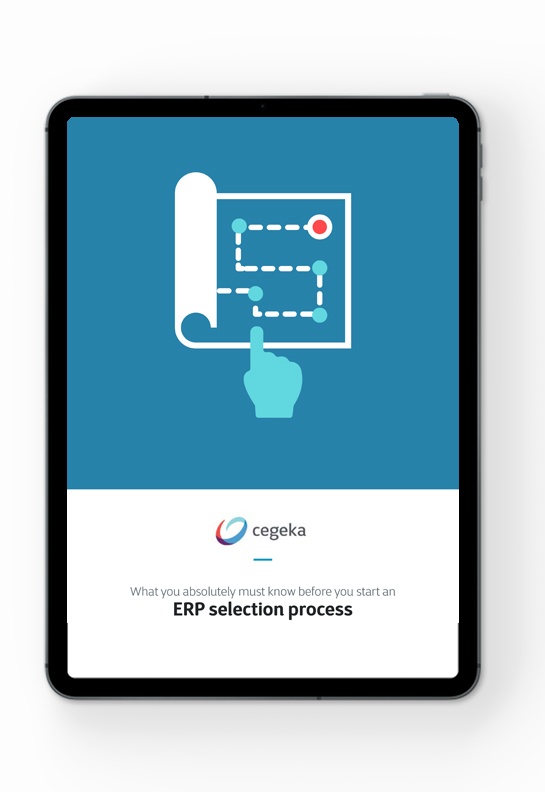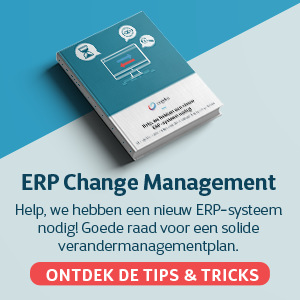Three challenges for the modern wholesaler
The supply chain has changed drastically over recent decades. Nowadays, a wholesaler not only has to distribute products to customers but also to provide added value in their service. How can the modern wholesaler stand out in this new role? The evolution is set out in the three steps below.
1. Provide a frictionless purchasing experience
Your customer wants to be able to place their order at any time and from anywhere, whether via an app, on the website or at a bricks-and-mortar shop. After that, they want their order delivered to a location of their choice at the time that suits them best. And that is often yesterday, or today at a push. Your customers now expect a seamless and highly personalized service. For many wholesalers, that means adopting a different way of thinking, from “How can I organize my sales process as efficiently as possible?” to “How do I ensure that my customer can buy as efficiently as possible?”. A new, lean form of thinking. The key is to get inside your customer’s head.
Here is an example. A contractor is in his yard, and he realizes that he has bought the wrong set of bolts. Via the app, he reports the mix-up and orders another set. That night, he receives a WhatsApp message that his replacement bolts have been delivered, and early the next morning he drives his van to the wholesale stockist. As he doesn’t want to wait in the queue, he can enter a personal code and collect his products from a locker. That way, he has the right bolts in less than 24 hours, and can get straight back to work.
2. Add extra services
Wholesalers can stand out in the supply chain by creating added value for the customer – or attaching value-added services to the product. After all, the product is only one part of what you are selling; you can also supply service and knowledge with it. What is more, if you want to make a difference in the future and stand out from competitors selling the same bulk products, you will have to offer greater product knowledge and extra services that are really useful to the customer.
Like what, exactly? There are countless possibilities. You could make sure that the products are packed to suit the customer’s needs by repacking them, offering kits or even labelling them for the maximum convenience of the customer. It means that you, as a wholesaler, are engaging in a form of production. You can go further still: as well as, for example, selling machines, you could also offer installation and aftersales services. That way, you move further into the service chain, gain the confidence and loyalty of the customer – and some valuable end-customer information.
3. Set yourself up as a valuable expert
With the advance and integration of digital technology, many products are getting ever more complex. For that reason, there is an opportunity for a modern wholesaler to not just be a vendor but also an expert in the customer’s field. The wholesaler can stand out by being knowledgeable about everything that they sell. They are in a unique position to do this, because the product manufacturer can only supply information about their own products, but the wholesaler can provide information on the pros and cons of a range of different brands in combination with pricing, stock availability and delivery times – all the things the customer wants to know in one hit.
Let’s suppose you are distributor of heat pumps for installers and end customers. If you can combine all the information for the entire product range, keep it up to date and put it at your customers’ disposal, you have a head start on the wholesalers who don’t do that. If, you can also translate that information into personalized and genuinely valuable advice – for instance, which pump is the best solution for a specific building, or the best way to install that pump) –then you move up the value chain again, because you are providing many more reasons for the customer to come to you than just supplying a product.
Dynamics 365: the springboard for service-oriented wholesalers
Making the transition from super stock to super service: how do you get started? With smart ERP software that is tailored to your sector, like Microsoft Dynamics 365 for Wholesale & Distribution.
This solution enables you to:
- start working in an even more customer-focused way
- offer services with true added value
- combine information across your range and offer it to your customers
Want to know more? Send us a message through the contact form. We will contact you, without obligation, and will be happy to tell you more and answer any questions you may have.



